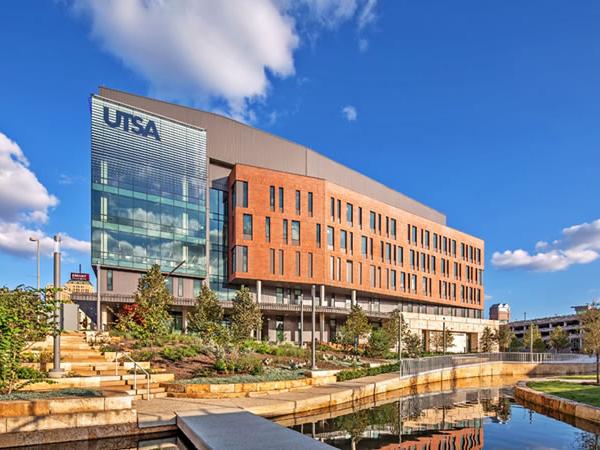
Date: 27 July 2023
In creating a building befitting of the cutting-edge, high-tech research and cyber security programs taking place at the University of Texas at San Antonio (UTSA) National Security Collaboration Center, a combination of red brick, limestone masonry, metal and high-performance glass were selected for the modern façade.
The mix of materials helps the building fit within the historic context of downtown San Antonio with Solarban® 70 glass from Vitro Architectural Glass enhancing indoor-outdoor connections.
“We have utilized Solarban® 70 glass on numerous projects and it has been a time-tested solution,” states Adam Bush, AIA, president, Overland Partners, San Antonio, Texas. “For this project, it was determined to be a high-value option as we weighed requirements for building performance, aesthetic criteria and overall cost.”
Solarban® 70 glass from Vitro Architectural Glass is the most commonly specified triple-silver-coated low-e glass in the industry. With its transparent, color-neutral aesthetic and unprecedented solar control and visible light transmittance (VLT), Solarban® 70 glass offers the perfect balance between form and function. When coupled with conventional clear glass in a one-inch insulating glass unit (IGU), Solarban® 70 glass provides a solar heat gain coefficient (SHGC) of 0.27 and VLT of 64%.
As the new home for the School of Data Science, the building houses its cybersecurity, cloud computing, data and analytics and artificial intelligence programs in addition to the National Security Collaboration Center (NCSS)—ranked as the No. 1 cybersecurity program in the nation by the Ponemon Institute.
Supporting a range of public spaces and the quiet and intimate settings required of a security institution, the Overland Partners designed the building with curtain wall and punched window openings based on programmatic needs and the sun’s orientation.
The curtain wall wraps the building’s northwest corner and features spandrel and silkscreen glass and a large UTSA logo. Called the “Beacon of Learning,” this branded marquee façade element is backlit with color-changing LEDs at night, drawing visitors to the facility.
“Smaller window openings are located on the east, south and west elevations that receive the most direct sunlight and are generally placed where open-plan and private offices occur, which are sized to the scale and function of these spaces,” explains Bush. “The rhythm and patterning of the punched openings also relate to the high-tech functions and programs inside.”
The windows range between 2 feet x 8 feet, 8 inches and 4 feet x 8 feet, 8 inches, and were calibrated to minimize heat gain and glare. For enhanced daylight, glare control and privacy, a combination of motorized and manual roller shades were installed throughout the façade.
To fine-tune the façade design, the design team utilized Revit and Rhino plug-ins. Bush explains that these modeling programs helped optimize daylighting to the interior spaces, reduce light and energy consumption, and enhance occupant comfort and well-being.
The 167,000-square-foot structure houses the School of Data Science, which consists of 86,000 square feet of classroom, laboratory, and research space for the University’s 6,500 data science students, and the NSCC, which serves as an 81,000 square-foot hub for government, university, and industry partners in the cybersecurity field. Co-located inside the NSCC is the Cybersecurity Manufacturing Innovation Institute, which focuses on cyber-secure, energy-efficient manufacturing and supply chains in the U.S.
For more information about Solarban® 70 glass and the rest of Vitro Glass’s full line of architectural glasses, visit www.vitroglazings.com or call 1-855-VTRO-GLS (887-6457).

Color-changing LEDs draw attention to the UTSA logo serving as a marquee for cybersecurity and other data science related programs taking place inside. (Photography: Tom Kessler)
About Vitro Architectural Glass
Vitro Glass, part of Vitro, S.A.B. de C.V. (BMV:VITROA), the largest company of its kind in the Americas, manufactures a range of industry-leading, energy-efficient products such as Solarban®, Sungate® and Starphire Ultra-Clear® glasses at U.S. plants in Carlisle, Pennsylvania; Fresno, California; Salem, Oregon; and Wichita Falls, Texas. Committed to sustainable manufacturing processes and products, the company also operates one of the world’s largest glass research and development facilities in Pittsburgh and four residential glass fabrication plants in Canada. Vitro upholds the values of “Together, We See Further” and strives to realize the power of partnership to ensure that projects meet or exceed ever-evolving sustainability expectations as well as glass requirements. For more information, please visit www.VitroGlass.com.
Solarban®, Sungate® and Starphire Ultra-Clear® are registered trademarks owned by Vitro.

 600450
600450




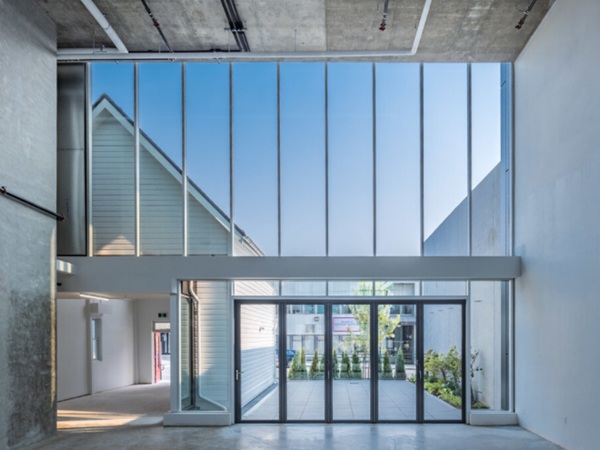

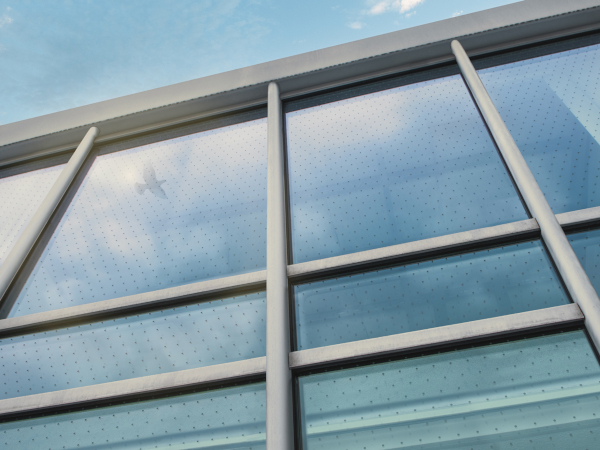












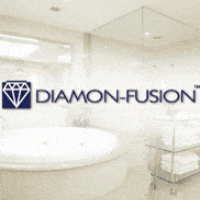
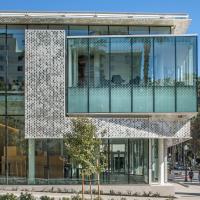
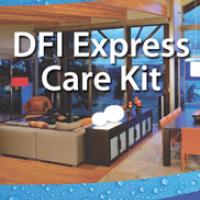
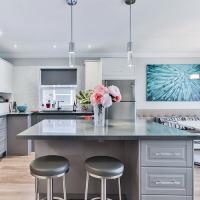
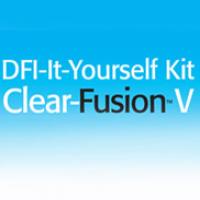
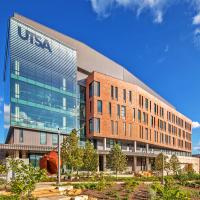
Add new comment